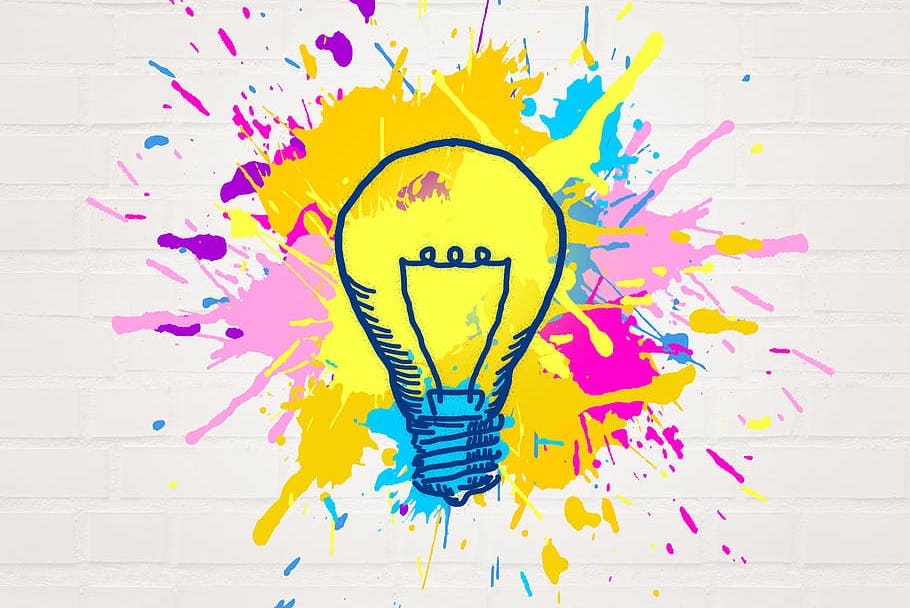Creativity, in the words of Sir Ken Robinson, is a motivator, the essence of innovation, and absolutely important for the evolution of self and humanity. Even though it is recognized that creativity is valuable for society and critical for economic growth, people often feel that they are not living up to their full creative potential. In fact, many believe that schooling has stifled their creativity.
Because exam scores, unfortunately, are the admission criterion for higher education (and are perceived to be a measure of a child’s intelligence and ability), teachers often ‘teach to the test’. The emphasis is no longer on learning, questioning, exploring and enjoying the process of education but rather on scoring more.
For instance, if you look inside a classroom, where, Indian Judiciary is being taught, chances are that you’ll find the teacher dictating notes, asking students to memorize ‘important features of the Indian Judiciary’ and emphasizing on frequently repeated questions in the paper. As a result, students end up rote memorizing, instead of thinking critically about the fundamentals – ‘Why do we need justice systems with codified laws?’, ‘How/Why do societies agree to be governed by laws?’, ‘Is the current system the best there can be?’, ‘What can be an alternative model?’ and so forth. This habit of not questioning and taking current systems for granted curbs children’s capacity of becoming active members of a dynamic, progressive society and they often fail to take an informed stance and action in times of social, political or moral crisis, let alone think of creative solutions for resolving them.
But, behind this dominant culture of testing lurks another, bigger evil: standardization. It begins when a kid is scolded for painting Santa Claus blue, instead of red. Children are never given the avenue of thinking about different ways of interpreting a question and coming up with lots of possible answers to a question. Often, students are left with little choice but to conform to the ‘standard answer’, because the stakes are high: a deviation from the standard (perceived as an error) in Board Examination can cost a student her dream college.
Worse still, these high-stakes standardized tests are backed by a one-size-fits-all curriculum. We all had that friend who hated mathematics but was a gifted artist. The current curriculum doesn’t enable children to develop their natural creative power. Because students have to conquer an ever-more demanding, predetermined syllabus, there is very little scope for finding and developing passion for a discipline and using one’s creative genius to open new avenues. As children increasingly find themselves restricted to textbooks, their innate creativity suffers.
It’s not surprising then that children in school often feel disengaged from education, that they find it stressful, not enjoyable.
Here, there are some important lessons to learn from Finland, which, according to many international comparisons, leads in education. There are no mandated national standardized tests in Finland, apart from one exam at the end of students’ senior year in high school.
The Finnish education system has recognised that to foster creativity, children need to be given the opportunity to think beyond test scores and deadlines, along with some agency in deciding what they want to learn and how. It has moved beyond the watertight compartmentalization of subjects by making projects interdisciplinary, and has pooled in creative talents of different children by making them collaborative. In comprehensive schools (7-16-year-olds), students work collaboratively on interdisciplinary projects, and can even contribute to the design of these projects in upper classes. In the final 2 years prior to university, there are no set classes nor grades. Students design an individual education plan and are expected to complete it at their own pace.
It might be useful here to remind ourselves that not just in education, Finland has also retained the top spot in the UN’s World Happiness Report for the third time in a row, thereby demonstrating how embracing each individual's creative genius can create happier people.
